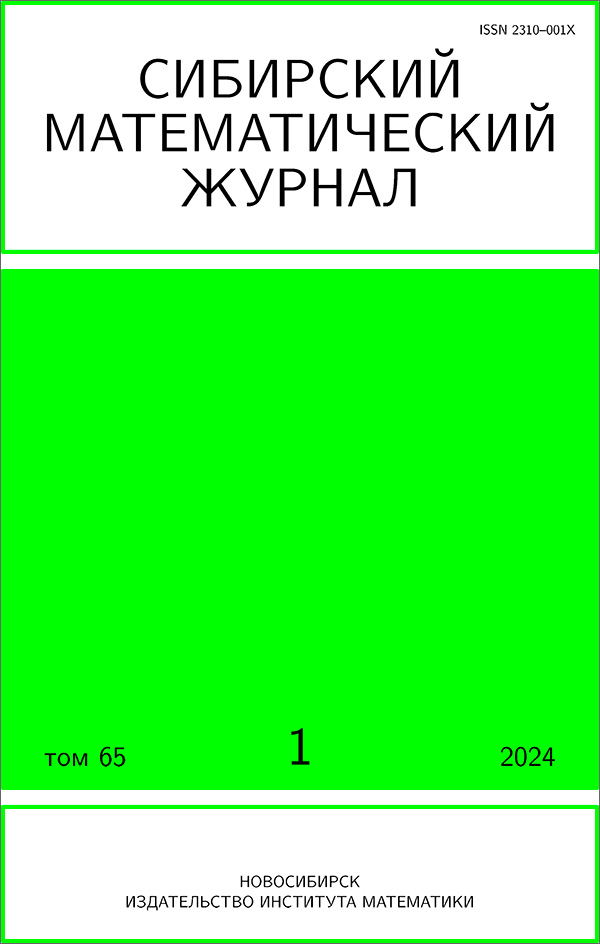|
This article is cited in 1 scientific paper (total in 1 paper)
Antinorms and self-polar polyhedra
M. S. Makarov
Moscow Center for Fundamental and Applied Mathematics
Abstract:
Antinorms (homogeneous concave functionals on a cone) have many applications in functional analysis, matrix theory, etc. Some duality theory results, like Young's inequality, the Fenchel–Moreau theorem, and others, carry over to antinorms. The essential difference is however the existence of infinitely many nontrivial self-dual antinorms, whereas only the Euclidean norm has this property among convex norms. The unit ball of a self-dual antinorm is a self-polar set (i.e., a set with its polar). The complete classification of self-dual antinorms in ${\Bbb R}^2_+$ is available which includes piecewise-linear (polyhedral) antinorms. The existence of these antinorms in higher dimensions was stated as an open problem in 2021. This article presents some construction of polyhedral antinorms in ${\Bbb R}^d_+$ for $d \geq 3$. The unit balls of the antinorms (i.e., self-polar infinite polyhedra) can have arbitrary prescribed numbers of vertices.
Keywords:
convex duality, polyhedron, polar, antinorm, cone, conical polyhedron.
Received: 28.04.2023
Revised: 28.04.2023
Accepted: 02.08.2023
Citation:
M. S. Makarov, “Antinorms and self-polar polyhedra”, Sibirsk. Mat. Zh., 64:5 (2023), 1050–1064
Linking options:
https://www.mathnet.ru/eng/smj7814 https://www.mathnet.ru/eng/smj/v64/i5/p1050
|


| Statistics & downloads: |
| Abstract page: | 85 | | Full-text PDF : | 12 | | References: | 32 | | First page: | 1 |
|





 Contact us:
Contact us: Terms of Use
Terms of Use
 Registration to the website
Registration to the website Logotypes
Logotypes








 Citation in format
Citation in format 
